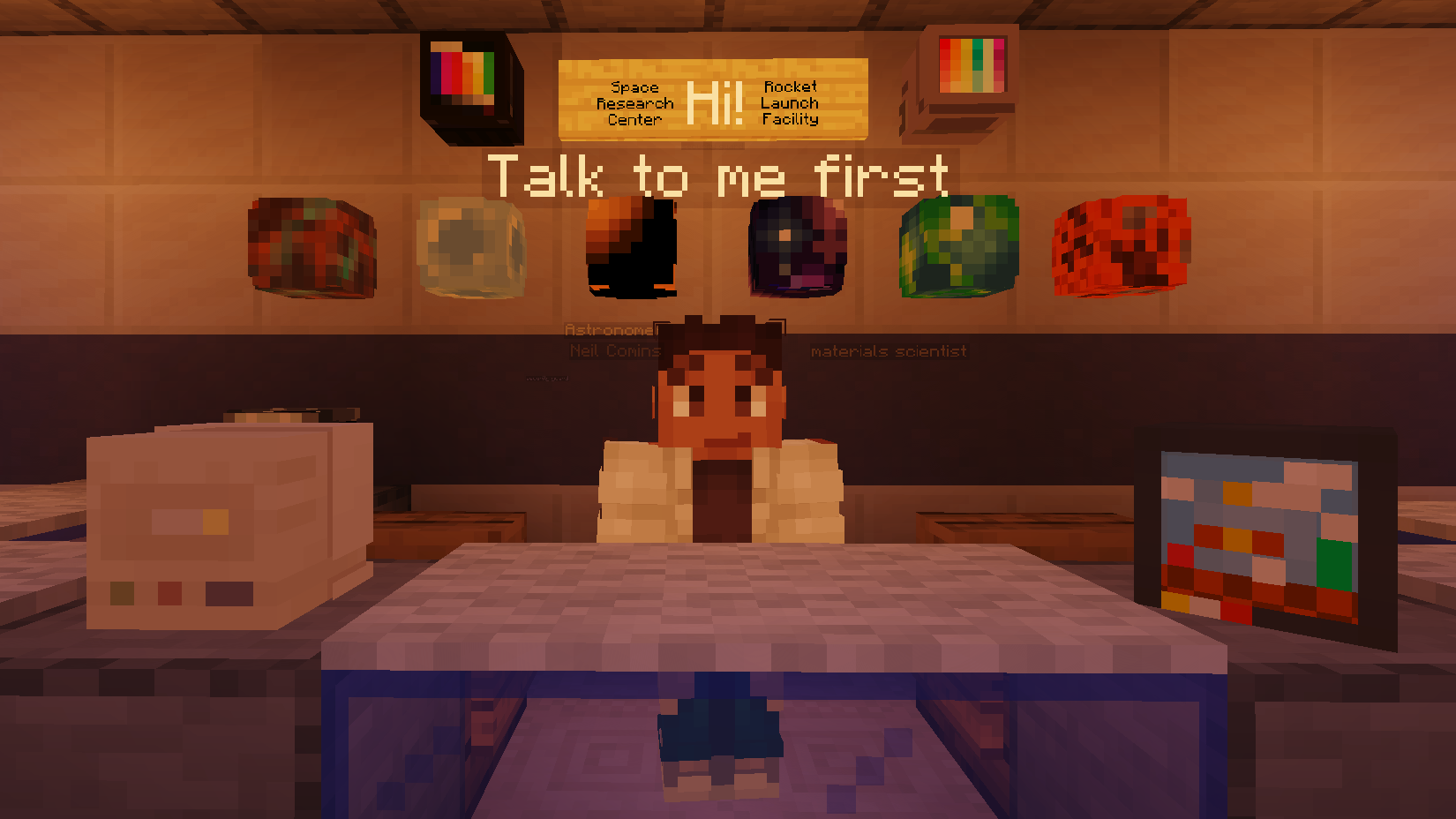By Neil Comins
The formation and existence of our Moon has played a key role in the evolution of the Earth and life on it. To begin with, the current theory is that our Moon formed as a result of an impact of a Mars-sized object called Theia on the young Earth. That impact had two fundamental effects. In the first place, it splashed matter from the Earth into orbit around the young planet. This matter quickly condensed and formed the Moon. We don’t know how close it was, but a reasonable number to use is that it was 10 times closer than it is today. When the Earth first formed, it is likely that its rotation axis was perpendicular to the plane of its orbit around the Sun. As a result, there were no seasons back then. The second fundamental effect of that impact was to tilt the Earth’s rotation axis. That tilt, of about 23° why we have seasons. When oceans formed on the young Earth, the tides from the closer Moon were 1000 times higher than they are today. Furthermore, the young Earth was rotating (spinning) perhaps 3 or 4 times faster, meaning the day was much shorter. The rapid rotation pulled the monster tide closest to the Moon ahead of the Moon in its orbit. The gravity of that high tide pulled the Moon forward, giving it energy, and causing it to spiral away from the Earth, which it still does today. The energy given to the Moon to enable it to spiral away comes from the energy stored in the rotating Earth. In other words, the Earth’s rotation rate is continually slowing, hence the days are getting longer.
If Earth had never had a Moon, it would be a very different world. There would be no seasons, since the Earth’s rotation axis would still be perpendicular to the plane of our orbit around the Sun. The day would be three or four times shorter, since Earth formed spinning faster and has slowed down primarily due to the tides from the Moon. The Sun creates about 1/3 of our tides, which is negligible compared to the tides created by the Moon). The shorter day would cause the winds and weather to be very different than they are today — likely, winds would be stronger. As a result, plant life and animal life would have to evolve differently so as to thrive under these windy conditions. The shorter day also means that the biological clocks of all animals, which synchronize our waking and sleeping with the 24 hour day-night cycle, would have to run much faster. Imagine trying to get done in an 8-hourday everything that you do in a 24 hour day!

